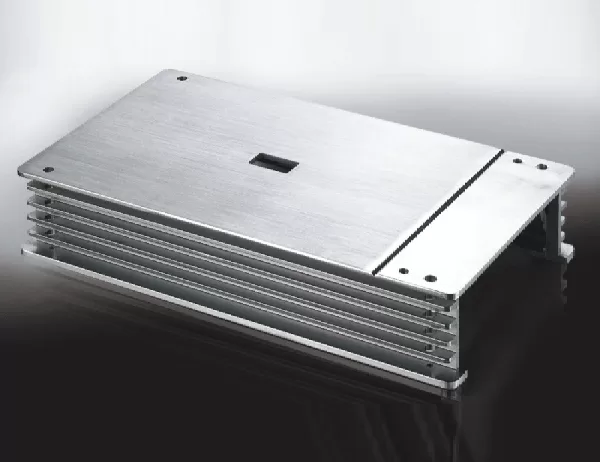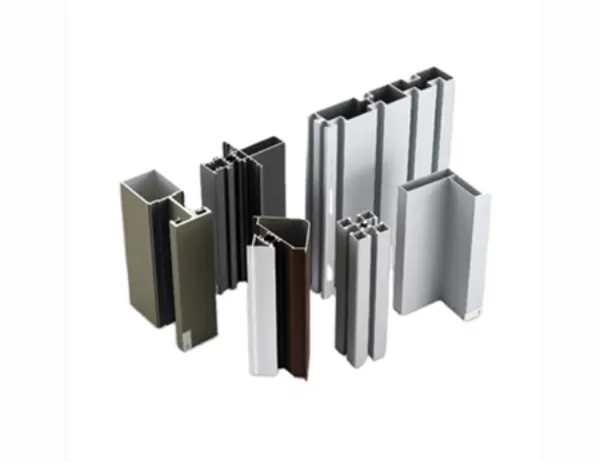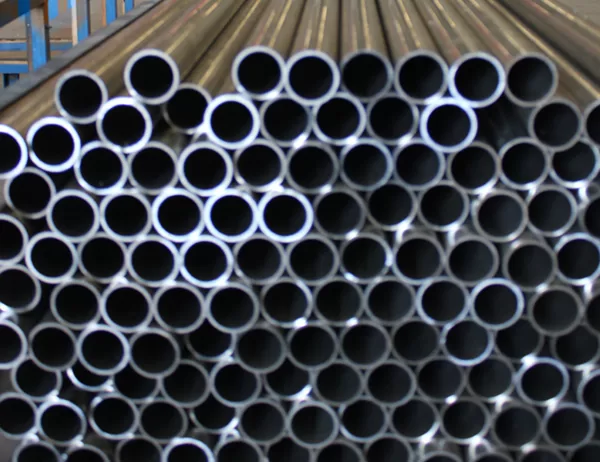In the era of climate consciousness, industries strive for innovative solutions that minimize environmental impact, optimize resource utilization, and embrace sustainability. Industrial aluminum profiles emerge as a sustainable choice for engineering applications, providing designers and engineers with a versatile material that aligns with ecological imperatives.
Aluminum profiles possess inherent properties that contribute to sustainable engineering. Their exceptional strength-to-weight ratio makes them lightweight and durable, reducing transportation costs and energy consumption during fabrication and use. Moreover, the high corrosion resistance of aluminum eliminates the need for frequent maintenance or replacement, reducing waste and preserving resources.
The recyclability of aluminum further enhances its environmental credentials. It can be melted down and recycled multiple times without compromising its properties, conserving energy and reducing landfill contributions. The use of recycled aluminum significantly lowers the carbon footprint of engineering projects, promoting a circular economy.
Beyond environmental benefits, industrial aluminum profiles offer practical advantages for sustainable engineering. Their modular design allows for flexibility and adaptability, reducing waste during construction and renovation. The profiles can be cut to specific lengths, assembled in various configurations, and easily modified to accommodate changing needs, eliminating the need for additional materials and reducing labor costs.
Furthermore, aluminum profiles provide excellent thermal insulation, contributing to energy efficiency in buildings. Their high conductivity helps regulate indoor temperatures, minimizing heating and cooling demands. This translates into lower energy consumption, reduced carbon emissions, and cost savings for building owners and tenants.
Industrial aluminum profiles offer a sustainable solution for engineering projects. Their lightweight, durable, corrosion-resistant, and recyclable nature minimize environmental impact, conserve resources, and reduce waste. The modular design and flexibility of aluminum profiles allow for efficient construction, reducing labor costs and material consumption. By harnessing the benefits of aluminum profiles, engineers and designers can create sustainable solutions that meet current and future ecological challenges.




